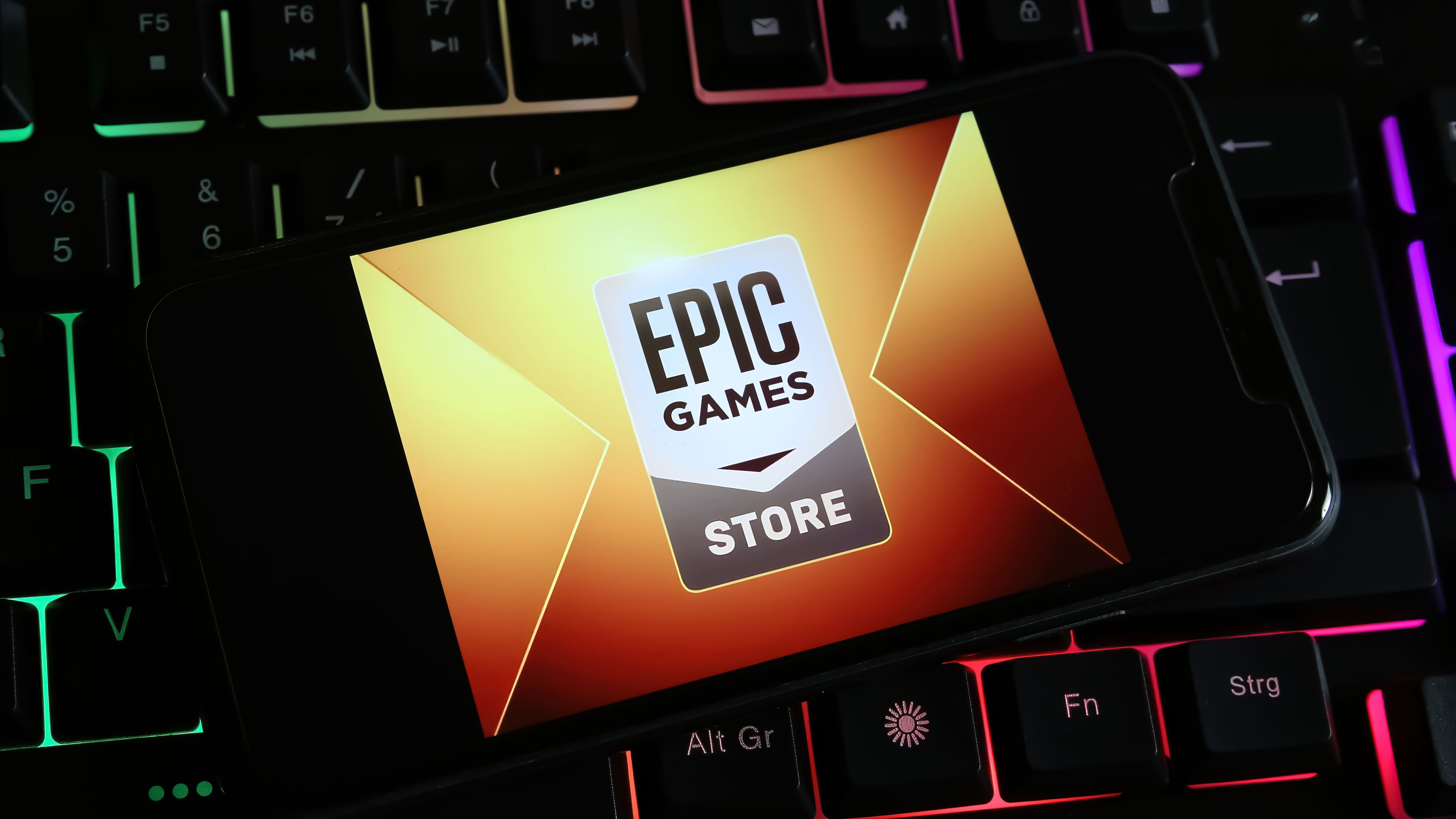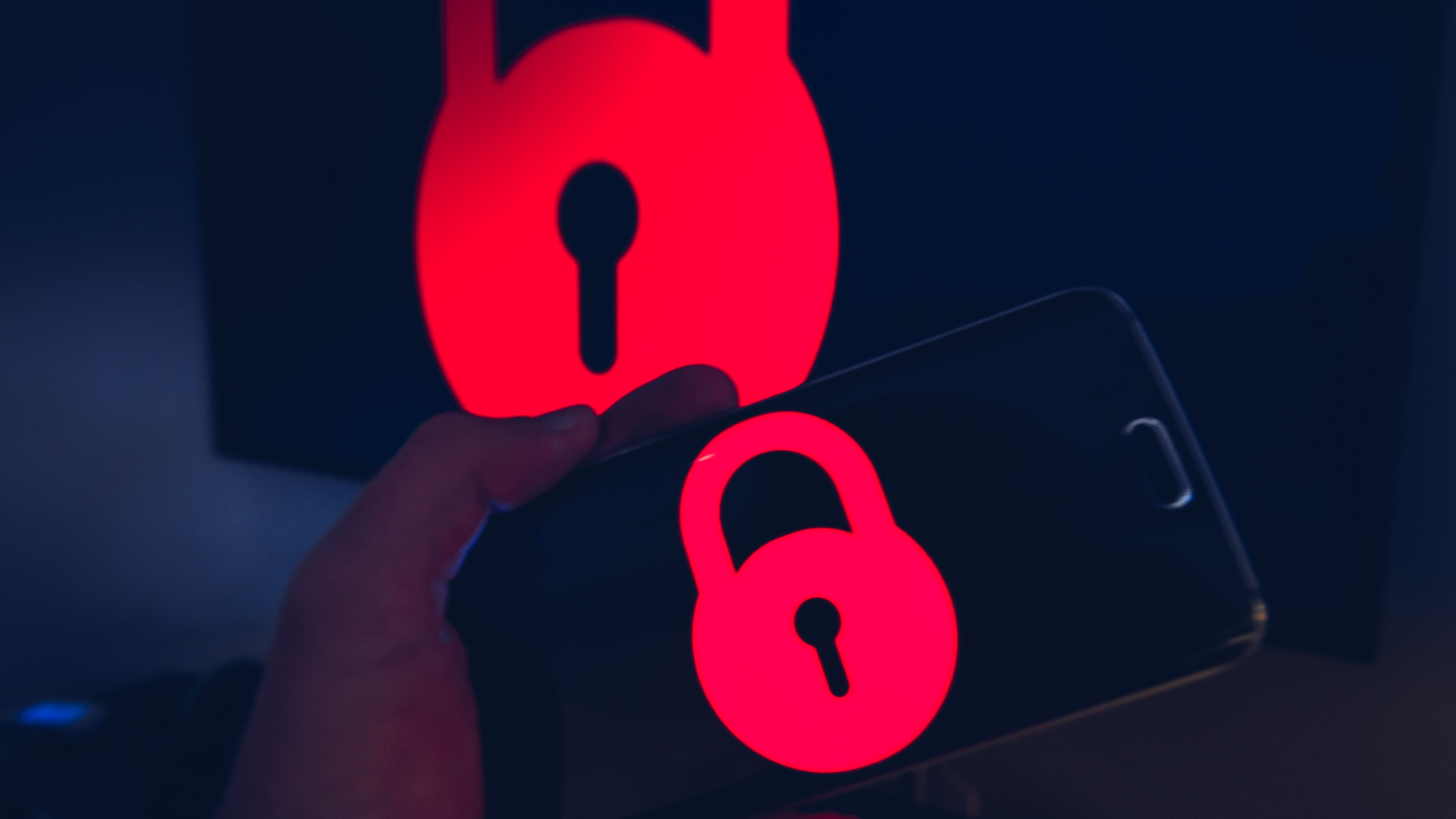4 ways your Android phone's Play Store could change soon, if Google loses Epic appeal
Google lost its legal fight, here's what that means for you

Following a years-long legal battle that began in 2020, Epic Games has finally come out ahead of Google with a US judge issuing a final ruling that the Android maker must open the Play Store to third-party rivals.
There are a lot of details to come from the ruling, so we’ve grouped the most important into four sections below to explain what the judge’s decision means for you.
There are two important things to note, however. The first is that Google has announced it’s appealing the verdict, adding in a statement that it will “ask the courts to pause implementing the remedies to maintain a consistent and safe experience for users and developers as the legal process moves forward.”
So while the following changes could happen, there’s a non-zero chance they won’t happen for some time (until after the appeal process is complete) or at all (if Google’s appeal is successful).
The other important detail is this ruling would only hold Google to these new rules for three years in the US – from November 1st, 2024, until November 1st, 2027. When the deadline passes we suspect Google won’t waste time returning the Play Store to how it was before the ruling, but we’ll have to wait and see. And if you live outside the US, Google won’t have to change a thing unless other similar rulings are passed there.
1. More choice
The biggest change for Android users will be they’ll have more choice in the app store they want to use, and finding those third-party stores will be easier.
That’s because Google will need to distribute these third-party store rivals through Google Play – so you’ll no longer need to go through the rigamarole of finding and downloading a third-party APK your phone warns you might be dangerous to install a non-Google Play Store app store.
Get daily insight, inspiration and deals in your inbox
Sign up for breaking news, reviews, opinion, top tech deals, and more.
This also won’t be one of those choices where it’s not really a choice because one option is clearly superior because it has all the apps. As part of the ruling, Google must offer these new rival stores full access to the complete Google Play Store software catalog – it’ll be up to app developers alone to individually opt-out of appearing on non-Play Stores.
2. No exclusivity deals

On that note, the ruling bars Google from incentivizing developers to launch on the Play Store exclusively or incentivizing them to launch on it first; Google’s also not allowed to incentivize developers to not launch their apps on rival stores (slightly tricky wording, but it should prevent exclusivity deal loopholes).
Google also can’t pay device makers or mobile phone carriers to pre-install the Play Store or to not pre-install a third-party app store.
One thing that doesn’t appear to break the rules however is offering incentives for developers to push users to one store over another – such as deals on in-app purchases, or Google offering exclusive discounts. This could be a major win for us as by changing your app store you could find you’re able to get a better deal, but we’ll have to see how this develops.
3. Alternative payment systems
Google will also no longer be able to tie Google Play Store apps to its Google Play Billing system – a system that charges app makers a 30% fee on sales. It must also let Android app makers run and promote alternative payment systems, and allow them to set whatever prices they want regardless of the Google Play Billing price.
What this means is developers could still use Google Play Billing but also have their own billing option and charge different amounts for each – ideally charging less if we don’t use Play Store Billing.
This may also force Google to rejig how it splits revenue through Google Play Billing to perhaps make it a less bad deal for the app makers.
4. Security shouldn’t change

All this talk of third-party app stores shouldn’t mean your Android device’s security will be adversely affected despite what Google claims. That’s not to say you shouldn’t still be careful when downloading apps you don’t recognize – bad actors can even wind up on the official Play Store from time to time – but Google can still take “reasonable measures” which are described as “strictly necessary and narrowly tailored” to maintain the safety and security of Google Play as it opens up to rivals stores.
These measures will be “comparable” to the measures it currently operates on the Play Store and should prevent a dodgy third-party app store from running amok. Google can even charge a fee for these security efforts, with any disputes in these cases set to be overseen by a technical committee that will be appointed by both Google and Epic.
You might also like

Hamish is a Senior Staff Writer for TechRadar and you’ll see his name appearing on articles across nearly every topic on the site from smart home deals to speaker reviews to graphics card news and everything in between. He uses his broad range of knowledge to help explain the latest gadgets and if they’re a must-buy or a fad fueled by hype. Though his specialty is writing about everything going on in the world of virtual reality and augmented reality.